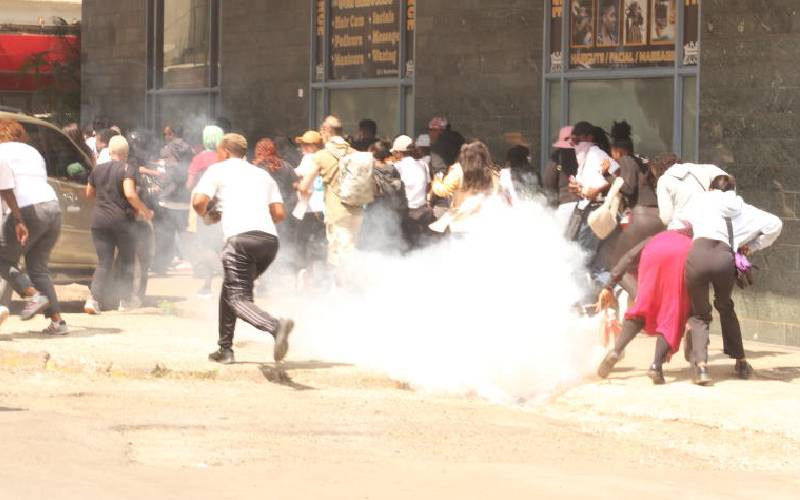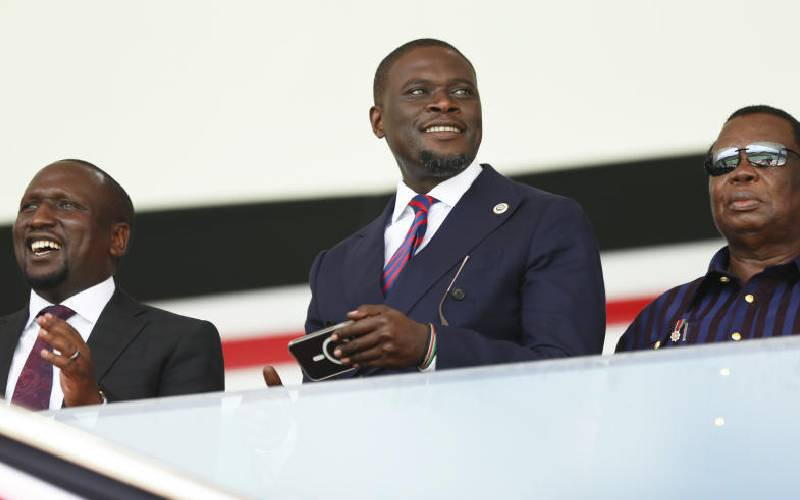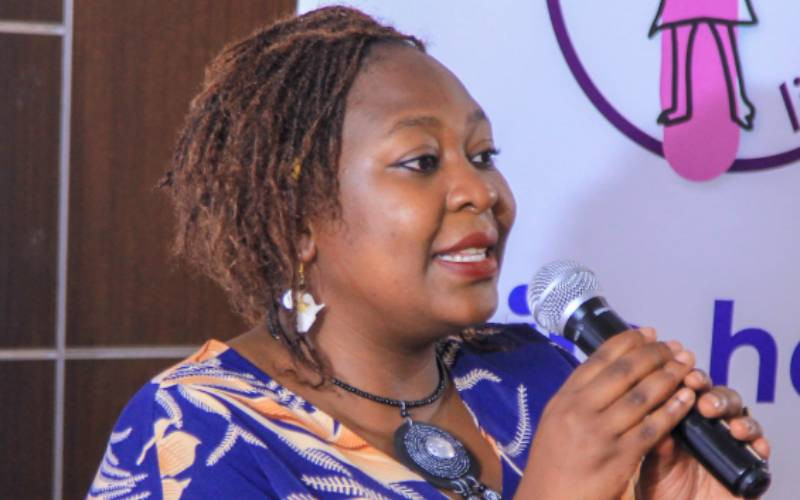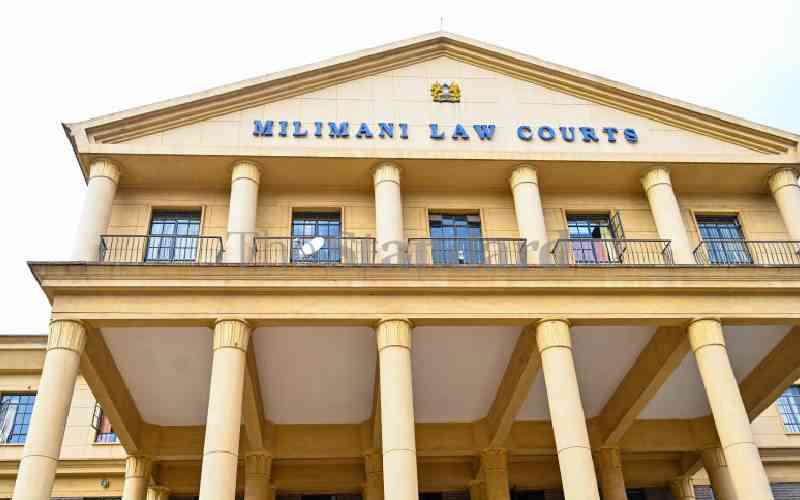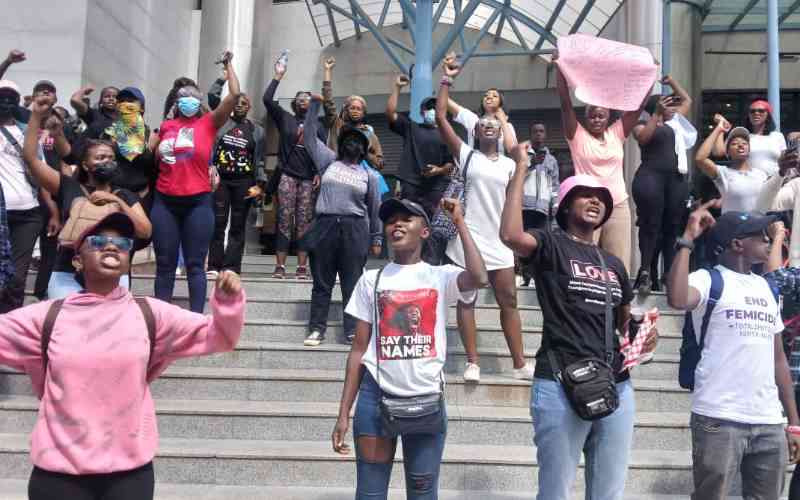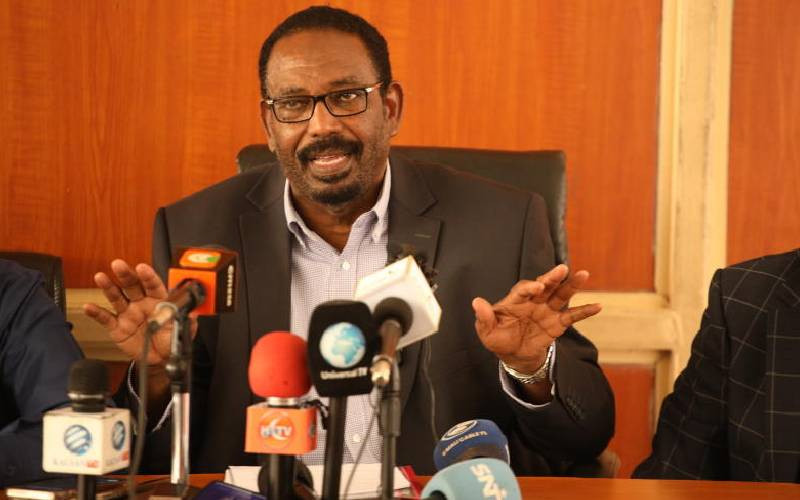
Pastoralist communities now want the government to formalise Duksi and Madrasa teachings and recognise them as part of the country's education system.
The nomads argue that children trained under the two programmes would integrate well into the Kenyan formal education system.
During this year's Wajir Pastoralists Leadership Forum, the communities also urged President William Ruto to fast-track the implementation of the Presidential Working Party on Education on the National Council for Nomadic Education (NACONEK) to see the vision into fruition.
They asked the government to expedite the development of the Accelerated Education Programme Guidelines that would help improve education in the Arid and Semi-Arid (ASAL) areas.
In their recommendations, the education reforms task force proposed equitable access to education, especially for those facing social, economic and geographic marginalisation, vulnerable populations, children as well as persons with special needs and disabilities.
Speaking during the forum held on December 8 to 10, 2024, Daadab MP Farah Maalim said formalising Madrasa will help ease the burden of employment of teachers by the government.
Maalim was optimistic that this will also help address the high cases of school dropout within the ASAL region.
"We are not going to ask the Teachers Service Commission (TSC) to employ those people to educate them. We will look for an alternative system. Those instructors can even be recruited through the National Council for Nomadic Education in Kenya (NACONEK)," he said.
"One key solution is to implement the provisions of section 85 and subsection two of the Education Act of 2013, which allows the integration of the Duksi and Madrasa into formal education," Maalim added.
The MP further urged the Head of State to direct county commissioners and commanders to seal borders to curb smuggling of drugs and entry of illegal immigrants.
Since time immemorial, the region has been reeling from conflicts that often see mass exodus of teachers, leaving the children exposed.
According study by the United Nations Educational, Scientific and Cultural Organization (UNESCO), 80 per cent of children in Garissa county, are out of school.
A 2019 survey by Kenya National Bureau of Statistics (KNBS) indicates that 90 per cent of the 2.5 million children out of school across the country hail from the Asal regions.
President Ruto urged the communities to embrace the teaching profession to address the challenge of school drop out and shortage of teachers.
"It is time that pastoralists take up teaching as a profession, many pastoralists do not think a lot about education. They like education but they don't know that education comes with teachers. There is no education without teachers," Ruto said.
"You cannot continue to depend on teachers that come from other places because you know the consequences of those who depend on teachers who come from far away, whenever there is a crisis, they find an excuse to seek a transfer and you end up with classrooms without teachers," he added.
The Head of State pledged to provide affirmative action to support governors who sponsor more teachers to construct teacher training institutions.
In their 2023-2027 plan unveiled during the forum, the leaders prioritised strengthening low-cost boarding schools, reviving the mobile schools model and integrating technology to mitigate high teacher turnover.
The leaders are also seeking support of the county and national governments to establish peace and security interventions, improve livestock sector and ensure food security through cooperatives and address youth and gender matters.
They also urged the government to fast-track the review of marginalisation policy that would ensure the counties receive equalisation funds which will spur development in the region including infrastructure among others.
 The Standard Group Plc is a multi-media organization with investments in media platforms spanning newspaper print
operations, television, radio broadcasting, digital and online services. The Standard Group is recognized as a
leading multi-media house in Kenya with a key influence in matters of national and international interest.
The Standard Group Plc is a multi-media organization with investments in media platforms spanning newspaper print
operations, television, radio broadcasting, digital and online services. The Standard Group is recognized as a
leading multi-media house in Kenya with a key influence in matters of national and international interest.


